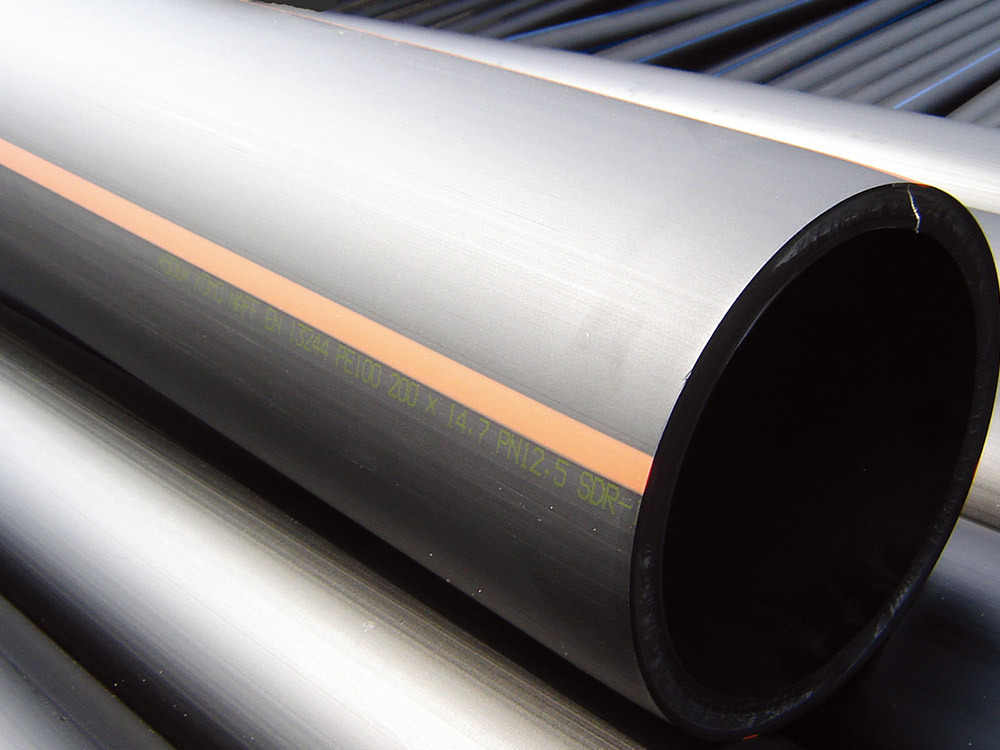Assessing Quality and Compliance

Importance of certifications and standards
Selecting an HDPE pipe provider requires careful evaluation of certifications and adherence to industry standards. Compliance with international standards like ASTM, ISO, and AWWA guarantees that the pipes meet stringent safety and performance benchmarks. These certifications reflect the provider’s commitment to delivering high-quality products suitable for industrial and municipal projects.
Ensuring product durability and reliability
Durability and reliability are critical factors when choosing HDPE pipes. Providers should prioritize proper site assessment and planning to account for soil conditions and environmental regulations. High-quality material selection and precise installation procedures, including trench preparation and joint welding, ensure system integrity. Routine visual inspections help identify early signs of wear or damage, preventing costly repairs. With a life expectancy of 50 years, HDPE pipes demonstrate exceptional resilience against environmental hazards, abrasives, and chemicals, making them a reliable choice for long-term infrastructure needs.
Evaluating Customer Support and Services
Availability of technical support
Reliable technical support is essential for successful project execution. Providers offering comprehensive assistance during installation and maintenance phases foster trust and ensure smooth operations. Exceptional customer service includes seamless communication, prompt issue resolution, and detailed product information. These factors enhance the overall experience and contribute to the project’s success. Manufacturers known for their technical expertise often build long-term relationships with clients, ensuring consistent support throughout the project lifecycle.
Responsiveness and after-sales service
Responsiveness plays a pivotal role in evaluating a provider’s reliability. Quick responses to inquiries and efficient after-sales service demonstrate a commitment to customer satisfaction. Providers who address issues promptly and offer troubleshooting assistance ensure minimal disruptions during project execution. This level of service not only builds confidence but also strengthens the partnership between the supplier and the client.
Considering Pricing and Delivery Options
Competitive Pricing
Pricing is a significant factor in selecting an HDPE pipe provider. Costs depend on raw materials, pipe specifications, order volume, and transportation expenses. Larger orders often qualify for discounts, making bulk purchases more economical. However, fluctuations in polyethylene resin prices, influenced by global crude oil trends, can impact project budgets. Providers offering transparent pricing structures and competitive rates help clients manage costs effectively without compromising quality.
The importance of HDPE pipes in infrastructure development is further highlighted by their use in irrigation systems, which are critical for agricultural productivity in many developing regions. As governments focus on improving water management and increasing access to clean water, HDPE pipes are being integrated into these systems due to their non-toxic, leak-proof
